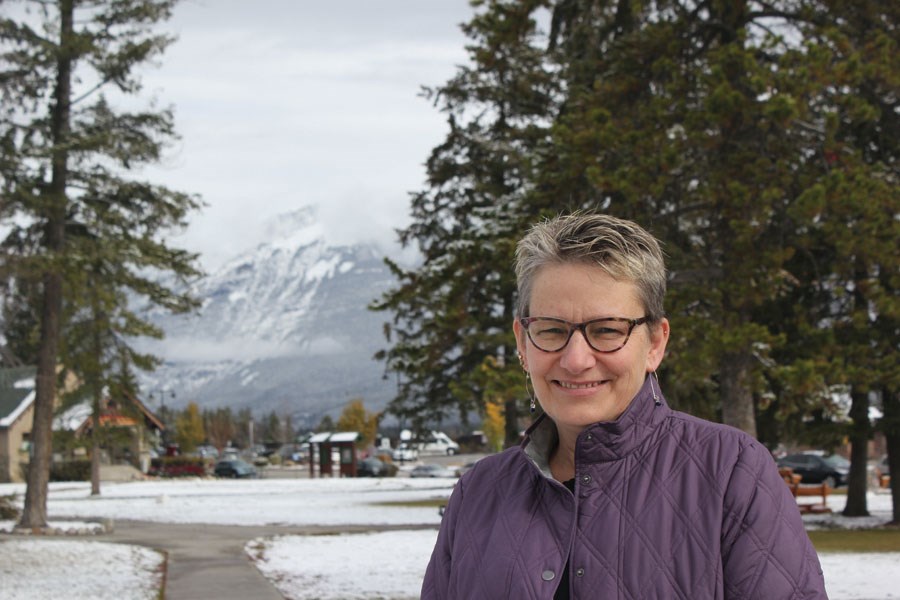
It was supposed to be a routine mammogram when Beth Everest went to the clinic in December 2013, but when the phone rang asking her to come back for a follow-up appointment, she knew in her gut that something was wrong.
“Everyone says, ‘don’t worry,’ ‘don’t worry’ it doesn’t necessarily mean anything because 30 per cent of women get call backs, but I knew,” said Everest “I knew.”
After a series of tests, she received another call on Christmas Eve, this time from her family doctor who wanted to see her right away. Taken aback by the urgency of the call, Everest dropped everything, including plans to attend a dinner party that night.
Having lost her brother to cancer two years earlier, she knew cancer ran in her family, but it wasn’t until the doctor embraced her that reality sunk in.
“The only thing I could think of was oh my God she hugged me,” said Everest, who was 52 years old at the time.
After being diagnosed with breast cancer she immediately had a biopsy. A month later she had a mastectomy and by March 2014, once the scars had healed, she started chemotherapy.
“It was a very dark, black period of my life, but at the same it was eye-opening in so many ways,” said Everest, who was born and raised in Jasper.
After getting through chemotherapy, Everest, a creative writing professor at Calgary’s Mount Royal University, decided to use her up-coming sabbatical to write a book of poetry about her experience. Silent Sister: The Mastectomy Poems is a powerful collection of poems that captures the fragile moments of her journey as she came to terms with her diagnosis and her hard-fought battle to reclaim her life.
“It’s about breast cancer, but it’s also about the psychological and social impacts of breast cancer,” Everest said about her new book.
Opening up about her battle with breast cancer, she described the entire experience as “surreal.”
“One of the things about having gone through treatments and having cancer is that you start to say things to people you’ve always wanted to say,” said Everest. She added the experience also made her more comfortable about the thought of death.
“It changes your attitude towards dying completely. I’m less afraid.”
While in the midst of her treatment she also learned a lot about how other people react when they find out their friends or family have cancer.
“People stared at me a lot,” said Everest, who lost her hair during chemotherapy.
One of the hardest things she had to learn was that a lot of people didn’t know how to handle her cancer diagnosis and ultimately cut their ties with her. Others did the complete opposite and showered her with love.
“It was odd,” said Everest.
Since she’s recovered and returned to work, she’s had a lot of people ask her about how her relationship with her body has changed.
“Sometimes people look at me and stare at my body and I think that’s the thing that has struck me the most, is that they don’t notice my breast, but the spot that is missing a breast.”
Although she hasn’t completely ruled out getting reconstructive surgery, for now she is happy with her body.
“This is who I am, why should I change who I am.”
Silent Sister: The Mastectomy Poems will be launched at the Jasper Municipal Library on Nov. 10 at 6:30 p.m.
Paul Clarke
[email protected]
